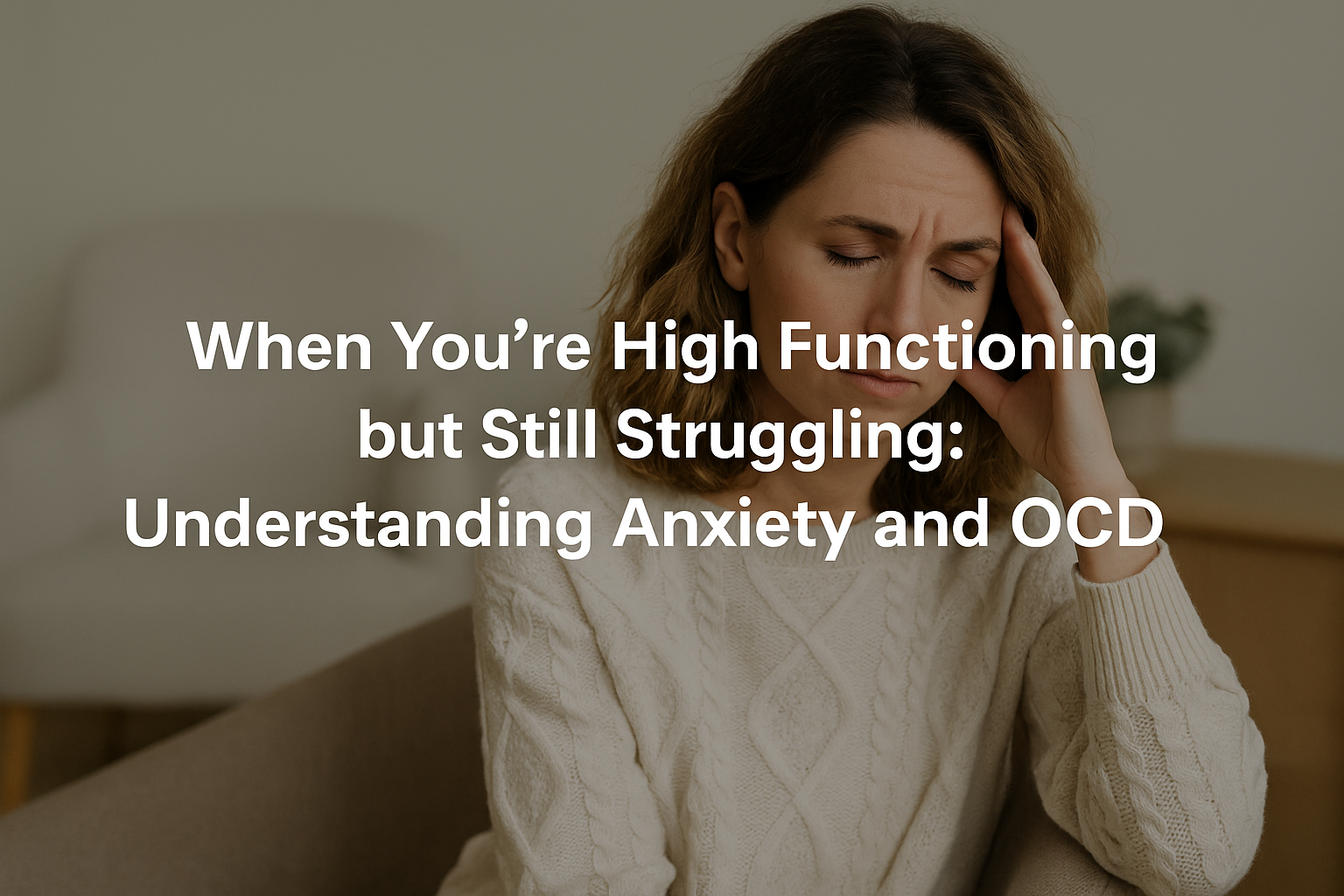Understanding and Managing Depression: A Comprehensive Guide

Understanding and Managing Depression: A Comprehensive Guide
Depression is not a sign of weakness; it’s a real, widely experienced mental health condition that affects millions of people across the globe. For young adults, caregivers, men, and women alike, it can be a complex and often misunderstood struggle, impacting every aspect of life, from relationships to work and overall well-being. But there is hope—with the right support, understanding, and resources, depression can be managed, and a fulfilling life can be regained.
What is Depression?
Depression is more than just feeling sad. It’s a persistent state that affects how you think, feel, and function in day-to-day activities. It can manifest in various forms, including but not limited to:
Major Depressive Disorder (MDD): Characterized by prolonged feelings of sadness, worthlessness, and loss of interest in activities once enjoyed.
Persistent Depressive Disorder (PDD): A less severe yet long-term form of depression lasting two or more years.
Postpartum Depression: Experienced by some new mothers due to changes in hormone levels, lack of sleep, and the challenges of early parenthood.
Seasonal Affective Disorder (SAD): A type of depression that occurs during specific seasons, typically in winter months.
Common Symptoms
Symptoms often vary from person to person, but some of the most common signs include:
- Persistent feelings of sadness, emptiness, or hopelessness
- Loss of energy or increased fatigue
- Difficulty concentrating or making decisions
- Sleep disturbances (insomnia or sleeping too much)
- Appetite or weight changes
- Feelings of worthlessness or guilt
- Thoughts of death or suicide
If you or someone you love is experiencing these symptoms, it’s crucial to seek help.
The Importance of Professional Help
Depression can feel overwhelming, but it’s important to remember that you don’t have to face it alone. Seeking professional help is a vital step toward recovery. Professionals, such as counselors at Therapy Haven and Consulting, provide tailored treatments based on your specific needs. Common treatment options include:
Therapy: Psychotherapy, like Cognitive Behavioral Therapy (CBT), helps identify and change negative thought patterns, improving how you feel and cope.
Medication: Antidepressants prescribed by a doctor can help regulate brain chemicals linked to mood.
Holistic Approaches: Practices like mindfulness, exercise, and dietary changes can support your overall treatment plan.
It’s always beneficial to discuss your symptoms with a qualified mental health practitioner, who can guide you toward a combination of treatments that work best for you.
Coping with Depression on a Daily Basis
Managing depression requires ongoing effort, and there are strategies that can make a significant positive difference in your everyday life. Here are some practices you can incorporate to cope with depression effectively:
Self-Care Routines: Prioritize activities that nourish your body and mind, such as eating balanced meals, staying hydrated, and getting sufficient rest.
Regular Exercise: Physical activity releases endorphins, which are natural mood boosters. Even a short walk can help.
Set Small Goals: Breaking tasks into smaller, achievable steps can prevent feelings of being overwhelmed.
Stay Connected: Share how you’re feeling with trusted friends or family. Isolation can worsen depression.
Engage in Relaxing Activities: Try journaling, meditation, or hobbies you enjoy to help calm your mind.
Supporting Someone with Depression
If a friend, partner, or family member is facing depression, your role can have a significant impact on their recovery. Here’s how you can help:
Listen Without Judgment: Offer a safe space for them to share their thoughts and feelings without fear of criticism.
Encourage Professional Help: Gently suggest seeking support from professionals like those at Therapy Haven, and offer to assist with appointments if needed.
Educate Yourself: Learn about depression to better understand what they’re going through.
Be Patient: Recovery can take time, so patience and consistent support mean everything.
Check-In Regularly: A simple, “How are you feeling today?” can remind them they’re not alone.
For Caregivers: Supporting a Loved One
Being a caregiver can be emotionally taxing. It’s essential to set boundaries, practice self-care, and seek support for yourself when needed. Remember, you can’t pour from an empty cup—taking care of your own well-being allows you to better care for your loved one.
Breaking the Stigma Around Depression
One of the biggest barriers to seeking help for depression is the stigma associated with mental health. By starting open and compassionate conversations, we can break down misconceptions and encourage others to seek the help they need. Talking about depression does not show weakness; rather, it’s a sign of strength and resilience.
Depression's Impact on Life
Depression can ripple into many aspects of daily life, including:
Relationships: It may cause strain in relationships due to withdrawal, miscommunication, or feelings of guilt.
Work Performance: Low energy and concentration issues can affect productivity and career growth.
Self-Image: Persistent feelings of inadequacy can lead to a negative view of oneself.
Understanding these impacts highlights the importance of treatment and support in managing depression effectively.
Take the First Step Today
If you or a loved one are experiencing symptoms of depression, there’s help available. At Therapy Haven and Consulting, we offer compassionate and personalized therapy services to individuals, families, and children. Start your path to healing by reaching out to us today.
📞 Call us at 803-373-1240
🌐 Visit us at therapyhaven.org
You don’t have to face depression alone. Together, we can make things better.


